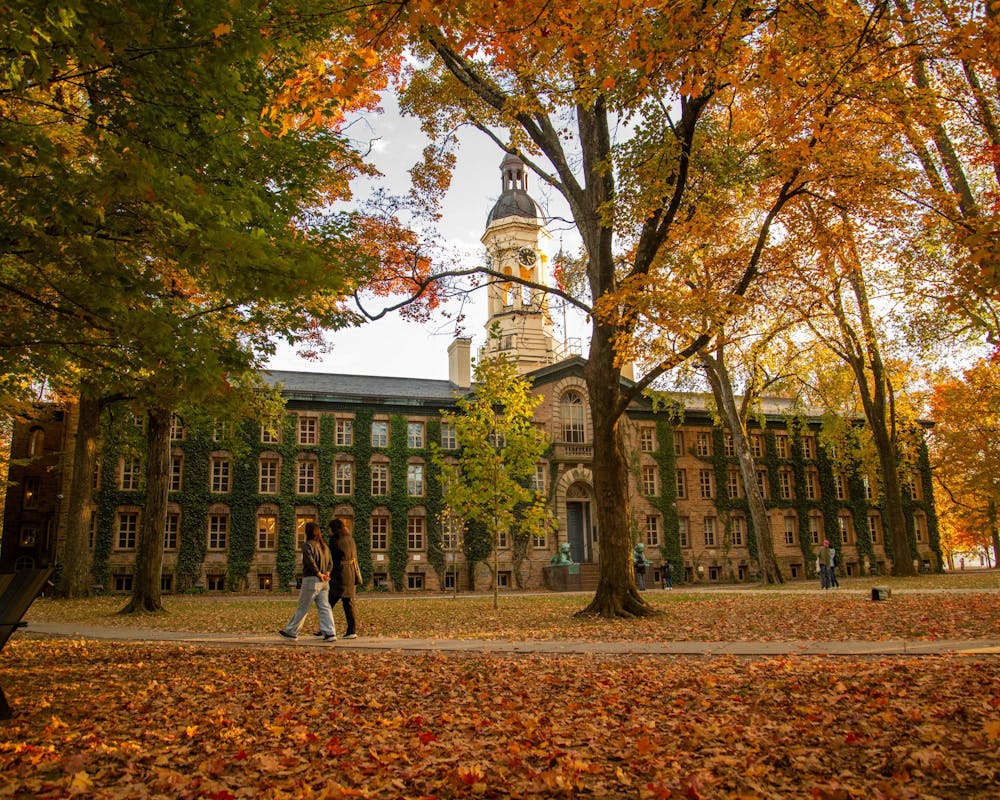Princeton’s sweeping new policy passed Nov. 10 that would ban recordings in most settings without the consent of all participants will not take effect until Jan. 1, University spokesperson Michael Hotchkiss said in a statement.
However, there is still limited information about how the policy will be implemented, particularly regarding its enforcement and the scope of recording permissions. Hotchkiss wrote that “The University is preparing guidance on the implementation of this policy, which will be made available well ahead of the Jan. 1, 2026 implementation.”
The policy bars recording in “any place where the individual or group involved has a reasonable expectation of being free from unwanted surveillance, eavesdropping, recording or observation without the knowledge and consent of all participants subject to such recordings,” encompassing educational, residential, research and workplace settings, including off-campus University sponsored activities. It also applies to the recording of “meetings or events that might otherwise be construed as public or open when it has been explicitly stated that recording is not permitted.” There are limited exceptions for situations such as disability accommodations.
The policy was first raised and passed at the Nov. 10 Council of the Princeton University Community (CPUC) meeting. Though there were no votes in opposition, Genevieve Shutt ’26 — a member of CPUC and a USG U-Councilor — abstained from voting.
“Our campus will only become more insular and bureaucratic, and the majority of our campus will be excluded from important conversations and placing an undue burden on student journalists,” Shutt wrote to the ‘Prince’ after the meeting.
“The University’s new recording policy will be implemented with an eye to maintaining existing media access and to supporting media accuracy,” Hotchkiss wrote.
The policy has not yet been formally disseminated by the University, and several students who spoke with the ‘Prince’ had little knowledge of the policy or its implications.
“I would like to think that the University is making choices in the best interest of students,” said Ify Obianwu ’27, although she acknowledged she understood how the policy “could be problematic.”

“I don’t know how it’s going to affect people personally,” she added.
“There is a need to protect students’ privacy on our campus, especially during a period of uncertainty, and the increased surveillance of international and undocumented students in higher education warrants a recording conversation on our campus,” Shutt added.
Grace Opong ’27 shared similar concerns about the unclear aspects of the new recording policy. Though she has heard about the policy, she said she was not aware of any details about what the policy entails or how it was developed.
It remains unclear how the University will enforce the policy, which also bars the distribution and transmission of such recordings, or when the future FAQ page will be published.

Nikoloz Inashvili is a News contributor for the ‘Prince.’ He is from Parsippany, N.J. and can be reached at ni5710[at]princeton.edu.
Please send corrections to corrections[at]dailyprincetonian.com.








